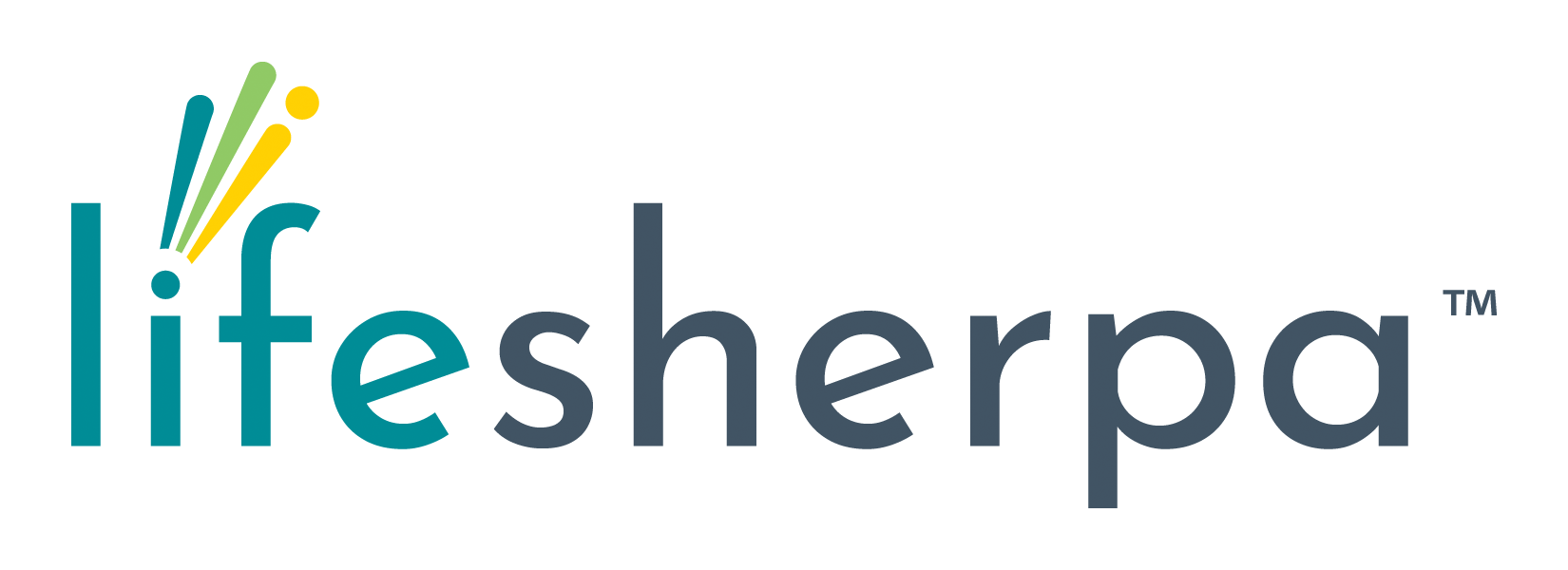by Doug Meeker, Founder and CEO, Life Sherpa
Industries all over the world have been stuck between a rock and a hard place for the last decade.
The rock? A massive talent shortage.
In a report released by the ManPower Group at Davos 2020, researchers found that over half of the businesses polled said they were experiencing skill shortages. And businesses in 36 of the 44 countries they gathered data from said it’s harder to attract talent than it was even two years ago.
The hard place? The perceived difficulty and expense of working with the neurodiverse talent pool to solve this issue.
The crazy thing is … this “unsolvable” problem is actually built on false information. The perception that neurodiverse people – including individuals with autism, dyslexia, IDD and ADHD — are disruptive, costly, and hard to work with just isn’t true. In fact, they can actually solve a lot of organizations’ toughest challenges.
Neurodiverse people often excel at tasks that “typical” people find harder, including jobs in tech and IT, data analytics, cybersecurity, AI, and mathematics. And, when you combine that with the new accommodations that change the way companies work with them, you’ve got a recipe for innovation and success
Last October, 60 Minutes broadcasted a segment featuring autistic people and their employment stories, showcasing how neurodiverse employees are starting to make waves at the biggest organizations.
What was previously seen as an expensive inconvenience is quickly becoming a solution for some of the biggest businesses in the world.
Technically-driven companies like Microsoft, SAP, and JP Morgan are already taking advantage of this fantastic opportunity to upgrade their talent pool, and they’re seeing the kinds of wonderful returns on it that they’re garnering the attention of the media — and their competitors.
One particularly exciting case study is that of DXC Technology, which developed the Dandelion Program. The program helps neurodiverse people get high-demand jobs by helping them develop the skills needed to maintain these jobs through support, training, and education on managing mental health, life, and employment skills. They got such great results for the Australian Federal Government that the US Federal Government is now trying to see how they can expand their inclusion of people on the autism spectrum.
There’s a saying that goes, “Diversity is. Equity is the goal.”
For the longest time, people have focused on that dynamic with an eye towards race and gender, both of which are undeniably important issues. It’s a loss to leave neurodiversity off that list though — both financially, and in terms of opportunity cost for the companies that are going to be undeniably left behind as people start to tap into this gold mine of a talent pool.
Because the truth is, employing neurodiverse people is going to be the norm within the next few years. The buzz around it is just beginning, the floodgates are about to open. If you’re not quite where you’re like to be with this, we’re here to support you and your organization.
Life Sherpa helps employers and vocational organizations accommodate neurodiverse individuals who typically need varying levels of support to overcome executive functioning and mental health challenges. Our assistive technology makes it possible to create and deploy individual-centric programs that allow you to scale your ability to manage untapped talent.
Ready to see how Life Sherpa can support you and your organization? Click here to request a 1:1 demo.
About Doug Meeker
Doug Meeker created Life Sherpa from the heart – when his son Scott was diagnosed with autism at the age of 3. Doug created Life Sherpa to make Scott’s life easier and help him function in the “typical” world. Before Life Sherpa, he couldn’t brush his teeth or get ready in the morning without constant prompting. Now, he’s a senior in high school who’s progressing in ways that Doug once thought would be impossible.
